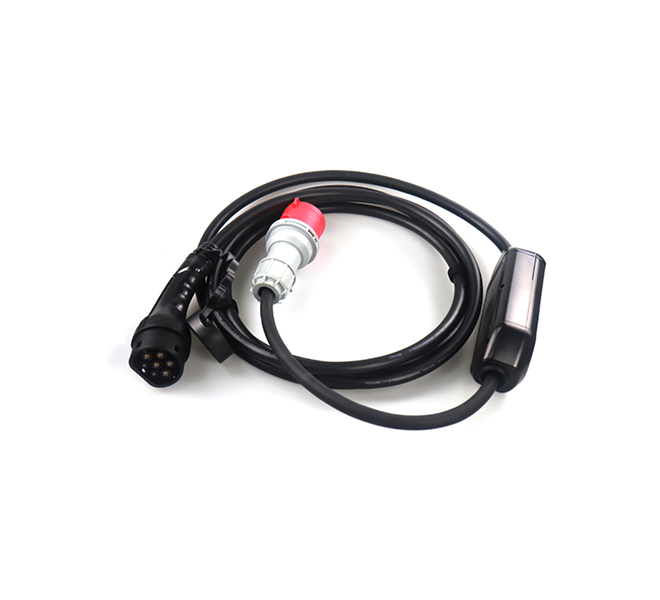Time:2025-08-22 Views:1 source:News

UL (Underwriters Laboratories) safety testing for Pogo Pins is a critical certification process designed to ensure these spring-loaded electrical connectors meet strict safety standards for use in consumer electronics, industrial equipment, and medical devices. Pogo Pins, which facilitate temporary or permanent electrical connections in devices like smartphones, laptops, and testing equipment, must undergo rigorous UL testing to mitigate risks such as electrical shock, fire hazards, and mechanical failure. The UL certification process for Pogo Pins primarily adheres to standards such as UL 94 (for flammability), UL 1977 (for electrical connectors), and UL 60950-1 (for information technology equipment), depending on the application.
One of the key tests in UL safety certification is the electrical performance test. This evaluates the Pogo Pin’s current-carrying capacity, insulation resistance, and voltage withstand capability. For example, UL 1977 requires Pogo Pins to maintain stable electrical contact under specified current loads (typically 1-5A, depending on the design) without overheating. Insulation resistance tests measure the resistance between the Pin’s conductive components and its housing, with a minimum requirement of 100 MΩ at 500V DC to prevent leakage current. Voltage withstand tests expose the Pogo Pin to high voltages (e.g., 1500V AC for 1 minute) to ensure no dielectric breakdown occurs, which could lead to short circuits or electric shock.
Mechanical durability is another critical aspect of UL testing. Pogo Pins are subjected to insertion and extraction cycle tests to simulate real-world use. UL standards often require Pogo Pins to withstand 10,000 to 100,000 cycles without significant degradation in performance. During these tests, the Pin’s contact force (typically 20-100g) and electrical resistance (must remain below 50 mΩ) are monitored. If the resistance exceeds the threshold or the contact force drops by more than 30%, the Pin fails the test. Additionally, environmental tests include temperature cycling (-40°C to 85°C), humidity exposure (95% relative humidity at 60°C), and vibration testing to ensure the Pin functions reliably in harsh conditions.
Flammability testing, per UL 94, is mandatory for Pogo Pin housings, which are often made of plastics like LCP (Liquid Crystal Polymer) or PPS (Polyphenylene Sulfide). The housing must achieve a UL 94 V-0 rating, meaning it self-extinguishes within 10 seconds after being ignited and does not drip flaming particles. This prevents the spread of fire in case of electrical arcing or overheating.
UL certification for Pogo Pins is not a one-time process; manufacturers must undergo regular audits and re-testing to maintain compliance. For end-users, choosing UL-certified Pogo Pins ensures compliance with global safety regulations, reduces liability risks, and guarantees reliable performance. For example, in consumer electronics like wireless chargers or smartwatches, UL-certified Pogo Pins prevent safety hazards such as overheating or short circuits, protecting both the device and the user.
Read recommendations: